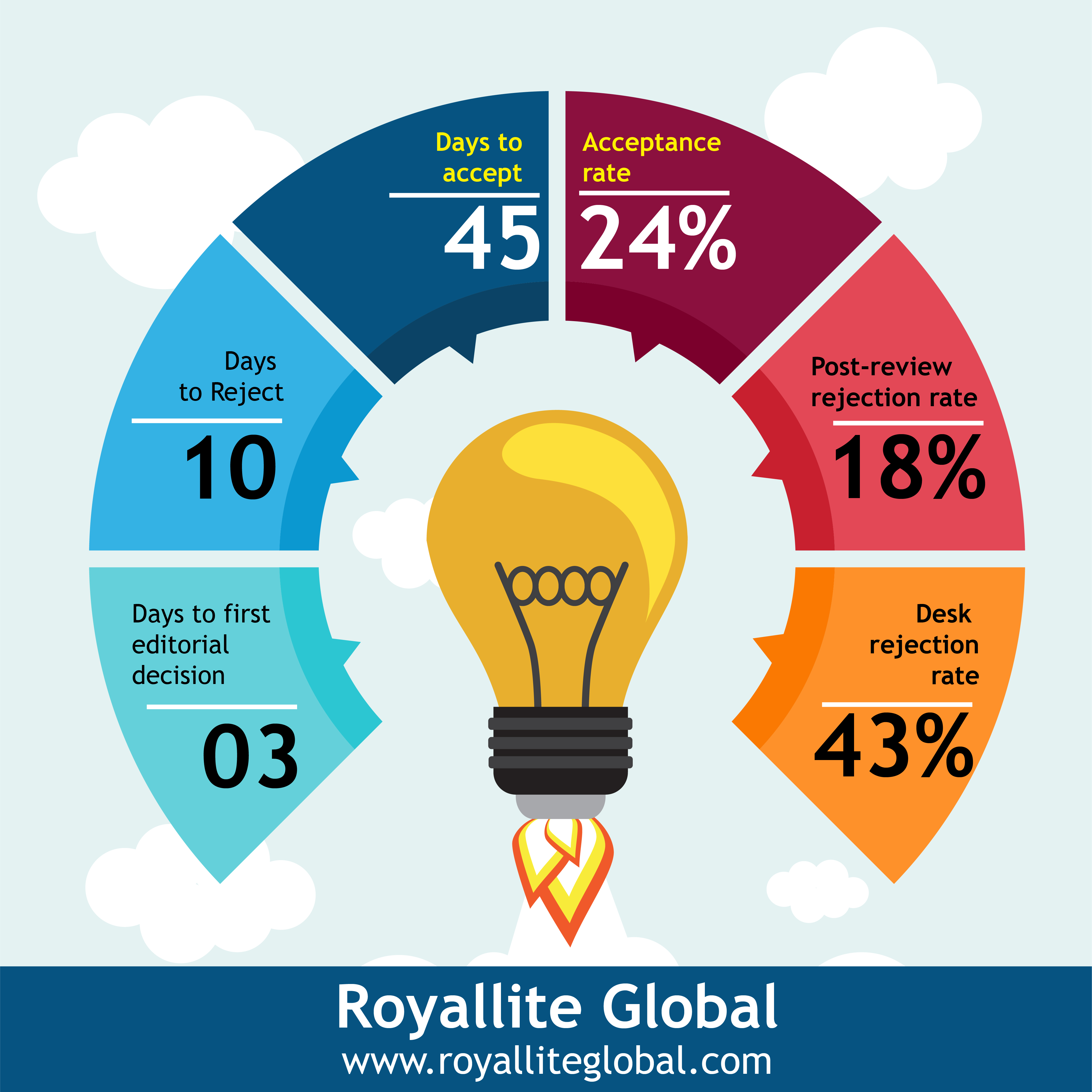Vowel harmony: The case of Anee and Iguae and Boka dialects in Ghana
Keywords:
correspondence, dialect, harmony, nominal, prefixes, substitution, unrounded, vowelAbstract
This paper examined a dialect of the Akan language which is traditionally labeled Fante in the literature. The study highlights the Anee sub-dialect of (Mfantse) Fante nominal prefixes in the context of vowel harmony. Data was generated from fishermen, Religious members during church services, and learners from Komenda College practicing schools. Analysis of data was based on Iguae and Boka sub-dialects of Mfantse against Anee sub-dialect. It was realized after thorough analysis that the Anee dialect has a unique feature that accepts substitution of unrounded vowels with rounded vowels. The theory that influenced this investigation was Vowel harmony and Correspondence theory. This theory covers the major issues in the generative analysis of vowel harmony and vowel typology. Most speakers of the Anee sub-dialect of Mfantse precisely Komenda through to Shama areas follow the rules of vowel harmony to some extent. Vowel harmony being discussed here can be seen as the restriction on the distribution of vowels which makes it necessary for the vowels of only one set to occur in a given word.
References
Abakah, E. N. (2013), Vowel Replacement Patterns in Mfantse Dialect of Akan, Journal of Universal Language.
Adomako. K. (2008), Vowel Epenthesis and consonant deletion in loanword: a study of Akan, Department of Languages and Linguistics, University of TromsØ, Master’s Thesis.
Dolphyne, F. A. (2006). The Akan (Twi-Fante) Language: Its sound systems and tonal structure. Ghana Universities Press, Accra.
Glossary.Sil.org>term>vowel harmony
Obeng, G. S. (2000), Vowel Harmony and Tone of Akan Toponyms, Indiana University.
O’Keefe, M. (2003). Akan Vowel Harmony. Department of Linguistics, Swarthmore College: BA Thesis.
Tuffour, A. D. (2020) Comparative and Contrastive analysis of Vowel Harmony in Asante and Akuapem Twi Dialects in Ghana. International Journal of Research and Scholarly Communication, 3(1), 42-51.
Downloads
Published
Issue
Section
License
Copyright (c) 2021 Sophia Efua Cobbinah

This work is licensed under a Creative Commons Attribution-NonCommercial-ShareAlike 4.0 International License.
This open-access article is distributed under a Creative Commons Attribution (CC-BY) 4.0 license.
You are free to: Share — copy and redistribute the material in any medium or format. Adapt — remix, transform, and build upon the material for any purpose, even commercially. The licensor cannot revoke these freedoms as long as you follow the license terms.
Under the following terms: Attribution — You must give appropriate credit, provide a link to the license, and indicate if changes were made. You may do so in any reasonable manner, but not in any way that suggests the licensor endorses you or your use.
No additional restrictions You may not apply legal terms or technological measures that legally restrict others from doing anything the license permits.






